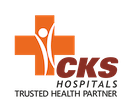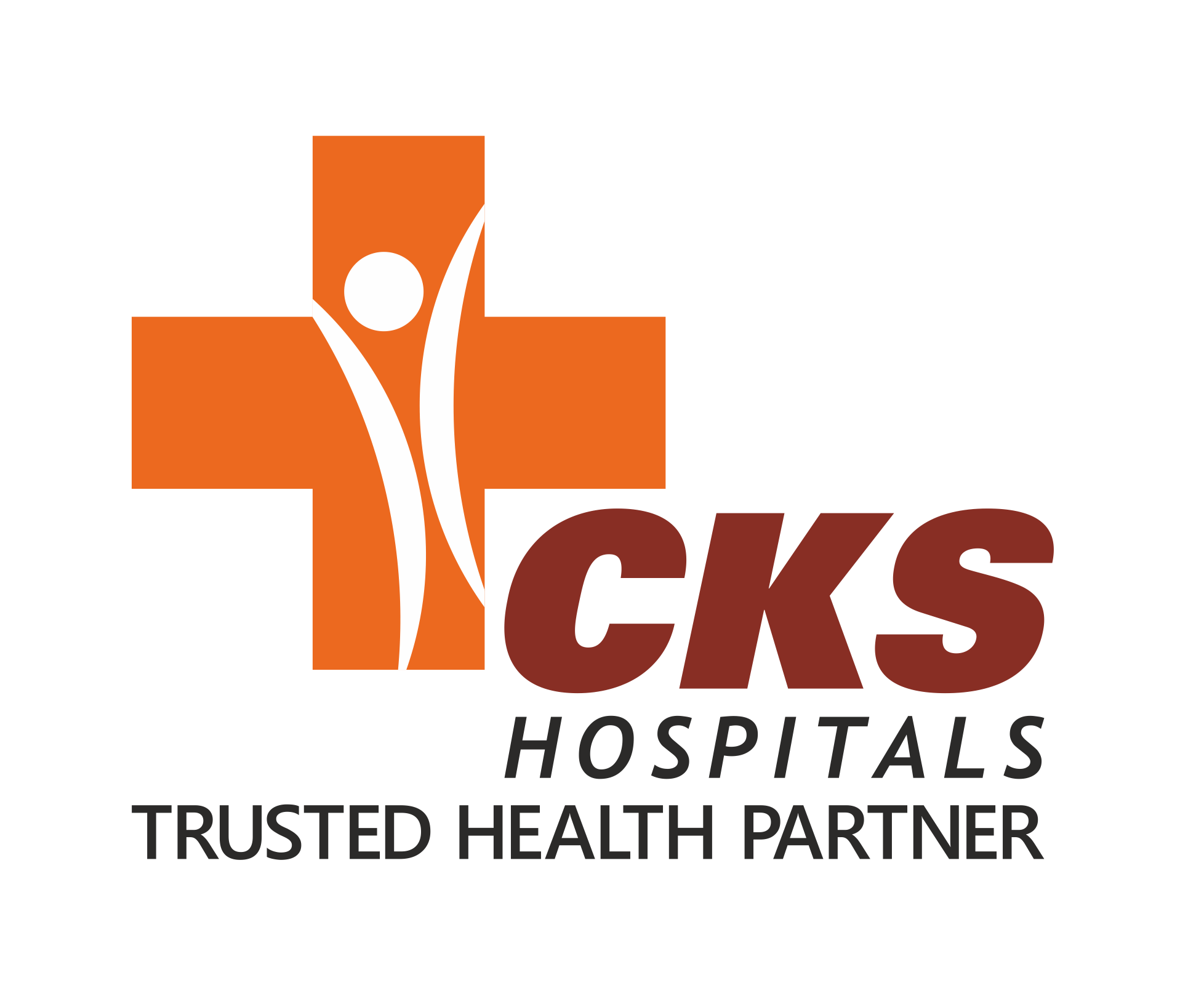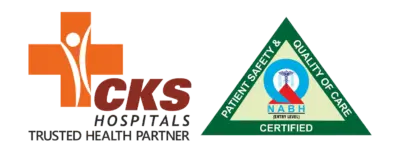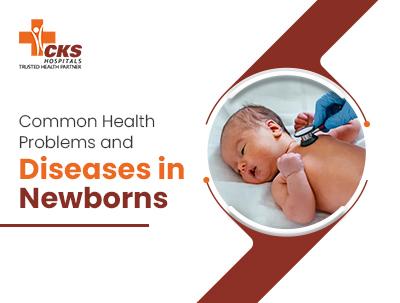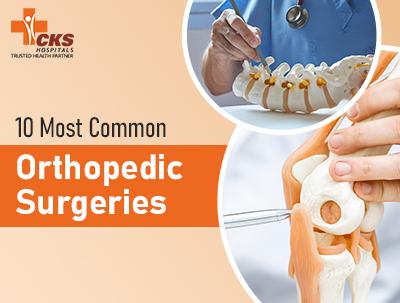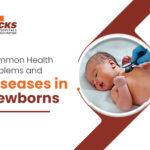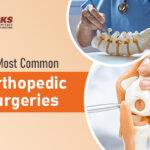Many people in today’s time suffer from a very common medical condition that is known as gastroesophageal reflux disease (GERD). This condition can lead to a variety of health complications if left untreated. In this comprehensive guide, we will understand GERD symptoms, GERD causes, GERD diagnosis, and GERD treatment approaches that can help individuals find relief and improve their overall quality of life.
Whether you’re experiencing GERD symptoms or seeking to enhance your knowledge about this condition, this blog aims to provide you with valuable insights and information.
Gastroesophageal Reflux Disease (GERD) – Meaning
Gastroesophageal reflux disease occurs when stomach acids flow back up into the esophagus. The esophagus may also be called a food pipe or gullet, and it is the tube through which food flows from the mouth to the stomach. The acid in the esophagus can cause heartburn and other symptoms, possibly even damage the tissues.
Causes of Gastroesophageal Reflux Disease
Here are some of the causes of gastroesophageal reflux disease.
There is a chance that you might experience acid reflux from time to time, particularly if you have overeaten, lied down after eating, smoked, or ingested certain foods. As well as cases of acid reflux that occur frequently are diagnosed as GERD, there are often other causes and risks.
Patients of all ages can suffer from gastroesophageal reflux disease, which has unknown causes sometimes. In brief, GERD symptoms occur when the sphincter at the bottom of the esophagus weakens or opens too widely.
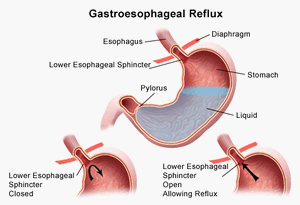
Gastroesophageal Reflux Disease (GERD) – Symptoms
Heartburn is a common symptom of GERD. An uncomfortable burning sensation is felt behind the breastbone when you have heartburn. In addition, it tends to worsen if a person bends over or lies down, or if they eat.
However, not all people with gastroesophageal reflux disease symptoms suffer from heartburn, and there are other symptoms of GERD as well:
• Suffering from chest pain then it can be a sign of GERD
• Individual may have bad breath
• A person may experience the sensation of a lump in the throat
• Difficulty in swallowing
• Nausea or vomiting can also be experienced
• A person may suffer from respiratory problems
If any person is suffering from the above symptoms, there is a chance of GERD problems, and these symptoms have to be taken seriously. There are some prevention tips given below. By taking them into mind, a person can improve some GERD symptoms.
Gastroesophageal Reflux Disease (GERD) – Prevention Tips
By changing your behavior and lifestyle, you can ease the symptoms of GERD. The following are prevention tips for GERD
- You should avoid overeating and develop a habit of eating a moderate amount of food
- You should eat at least two hours before bedtime
- As you sleep, elevate your head slightly and sleep at an angle
- You should quit smoking
- You should avoid wearing clothing that is too tight around your abdomen. Wear loose-fitting clothing around your abdomen.
- A person who is overweight can prevent symptoms by losing weight
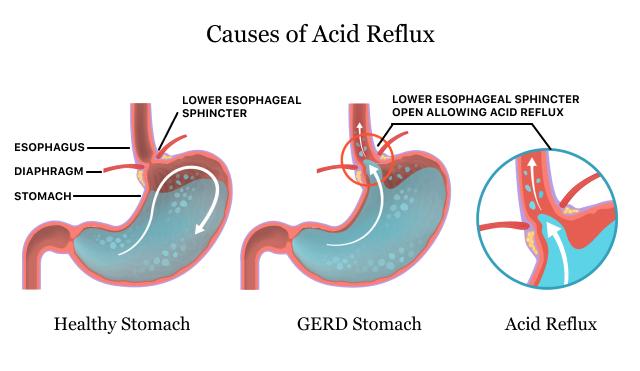
Gastroesophageal reflux disease (GERD) – Complications
If left untreated, GERD can worsen and develop into other conditions. The following are the complications of GERD
- Esophageal stricture: This condition causes the esophagus to become narrow. As a result of esophageal stricture, an individual may have difficulty swallowing.
- Esophagitis: It is a disease in which the esophagus is inflamed. Esophagitis can damage the tissues of the esophagus
- Barrett’s esophagus: There is also Barrett’s esophageal disorder in which the cells lining the esophagus can change into the lining of the intestine. It can also develop into cancer.
- Respiratory problems: A number of respiratory problems can result from breathing stomach acid into the lungs. These conditions include chest congestion, asthma, laryngitis, hoarseness, and pneumonia.
Gastroesophageal Reflux Disease (GERD) – Diagnosis
If you are experiencing frequent acid reflux symptoms, you should speak to your doctor for acid reflux treatment, who may refer you to a gastroenterologist hospital for further gastroesophageal reflux disease treatments.
GERD symptoms and treatment can be diagnosed using several tests. The following tests can be used to diagnose GERD:
- Upper gastrointestinal (GI) endoscope- An upper gastrointestinal (GI) endoscope has a camera attached to it so that it can inspect the esophagus. An additional sample of tissue can also be taken simultaneously with the biopsy.
- Upper GI series- These x-rays show abnormalities that might be causing GERD in the upper gastrointestinal tract.
- Esophageal pH and impedance monitoring- Monitoring of pH and impedance in the esophagus and other parts of the body during different physiological states, including eating and sleeping. This is used to determine the amount of acid in the esophagus.
- Esophageal manometry- The esophageal manometer measures how the muscles in the esophagus contract while swallowing. It can be used to measure the strength of the sphincter.
- Bravo wireless esophageal pH monitoring- The esophagus is attached to a small temporary capsule during this test. This is used to measure the acidity continuously for around 48 hours.
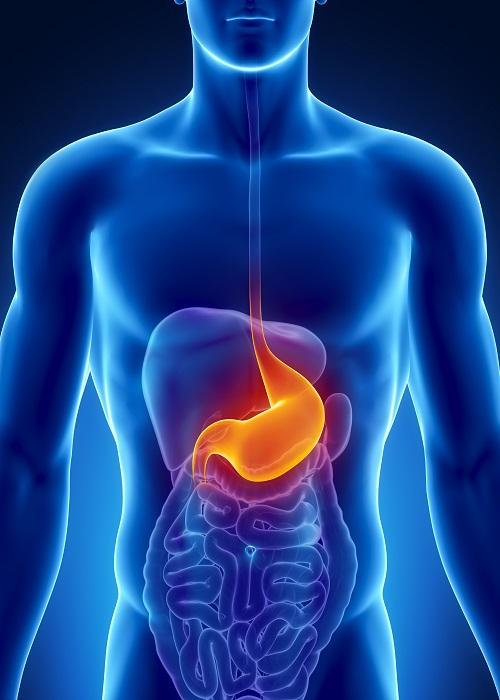
Gastroesophageal Reflux Disease (GERD) –Treatment
- Medication- Medication is commonly considered GERD treatment before other methods of treatment. One of the main pharmaceutical options for GERD treatment is proton pump inhibitors. The stomach produces less acid when these medicines are taken.
- H2 blockers: You can also use H2 blockers in GERD treatment to reduce acid production.
- Prokinetics: Prokinetics are substances that speed up the digestive process. Diarrhea, nausea, and anxiety are common side effects of prokinetics.
- Antacids: Antacids reduce stomach acid with alkaline chemicals. Diarrhea and constipation are possible side effects of antacids.
- Erythromycin: It is an antibiotic that also aids in emptying the stomach.
- Surgical Treatment- A gastroenterologist may recommend surgery if lifestyle changes or medications do not significantly improve gastroesophageal reflux disease symptoms. The following are the offered surgical treatments to treat GERD.
- Endoscopic procedures: It involves endoscopic procedures that include sphincter muscle tightening by stitches, and radiofrequency that uses heat to cause minor burns that help to do so.
- Fundoplication: An esophagus is sewn around the top of the stomach during a fundoplication. Pressure is added to the lower end of the esophagus and this helps reduce reflux in most cases.
In conclusion, gastroesophageal reflux disease (GERD) is a complex condition that affects many people in the world. It is very important to get an early diagnosis and get proper treatment from a multispecialist hospital if you have any serious symptoms, as it is crucial to preventing complications and ensuring a better quality of life.
